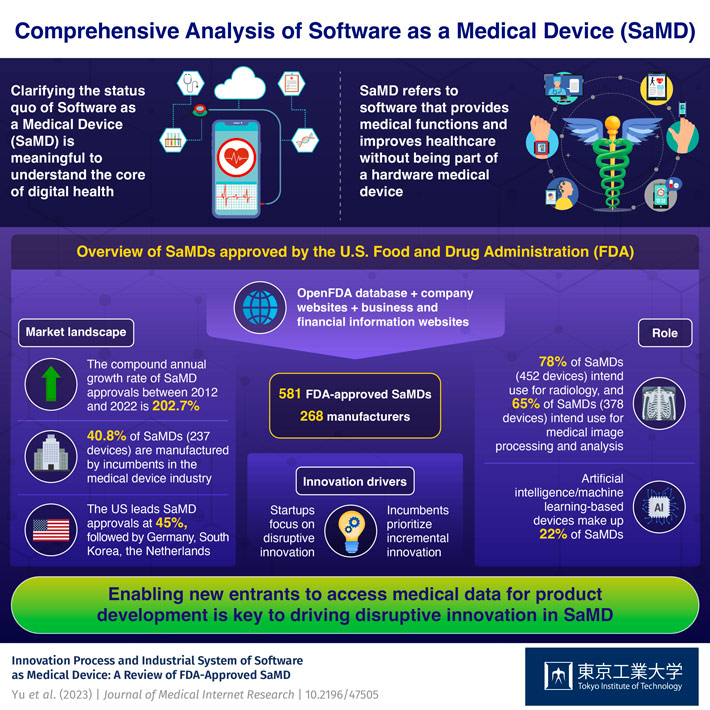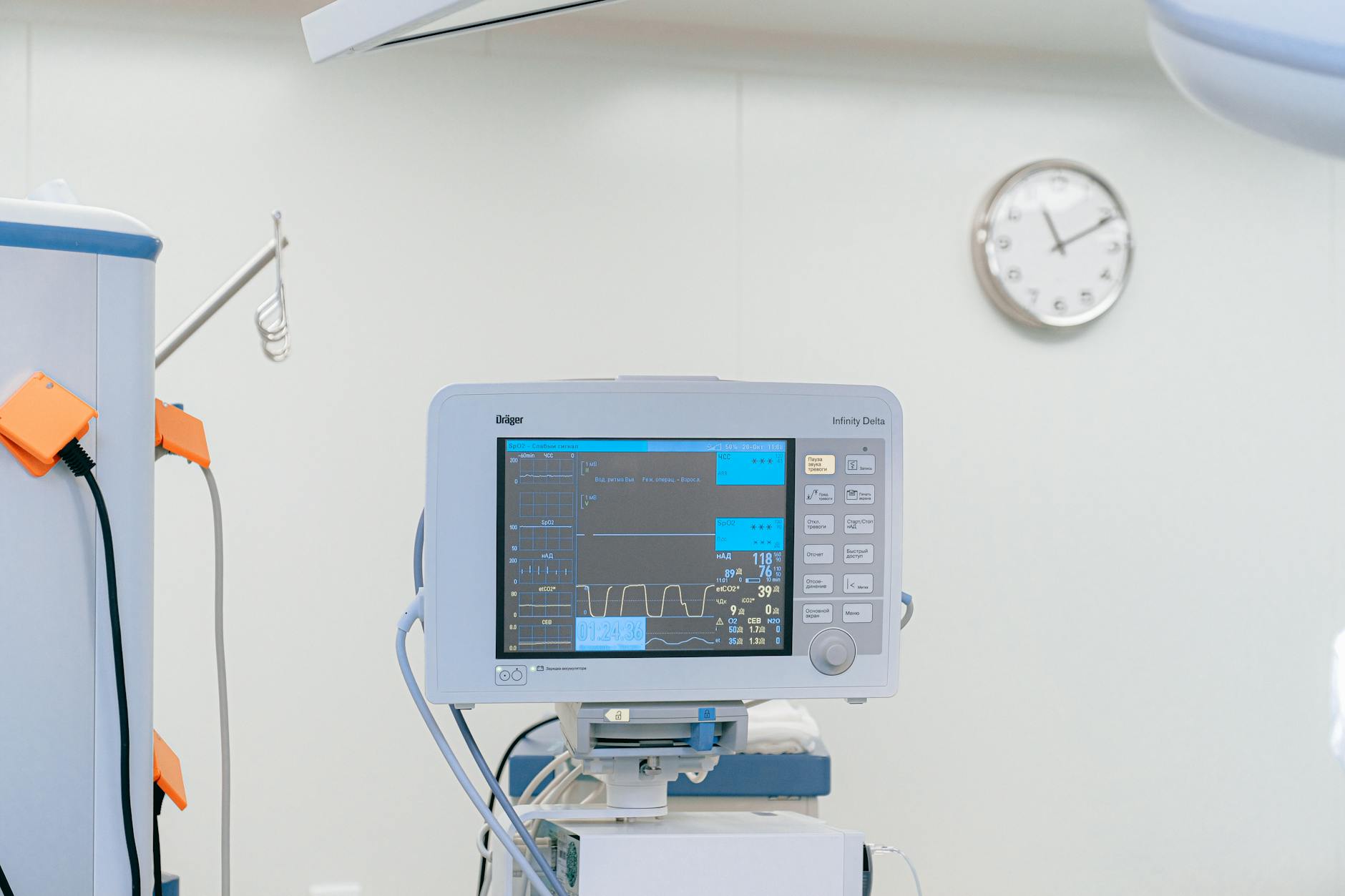Discover the groundbreaking medical technologies revolutionizing healthcare. From robotics to AI, explore the future of healthcare innovation today!
Table of Contents
Medical research and healthcare innovations have long been at the forefront of advancements in improving patient outcomes and revolutionizing the way healthcare is delivered. From precision medicine to artificial intelligence, biomedical engineering to telemedicine, the field of healthcare is constantly evolving to meet the changing needs of patients and healthcare providers.
Precision Medicine: Personalized Healthcare
Precision medicine is a groundbreaking approach to healthcare that takes into account individual differences in genetics, environment, and lifestyle for each person. This personalized approach allows for tailored treatment plans that can lead to better outcomes and more effective therapies.
By utilizing genetic testing and targeted therapies, precision medicine is transforming the way diseases are diagnosed and treated. For example, certain cancers can now be identified at the molecular level, allowing for more precise treatment options that target specific mutations.
The future of precision medicine holds great promise in revolutionizing healthcare even further. As technology continues to advance, we can expect to see more personalized treatment plans for a wide range of health conditions, leading to improved patient care and outcomes.
Artificial Intelligence in Healthcare
Artificial intelligence (AI) is playing a significant role in transforming the healthcare industry by providing insights into patient data, improving diagnostics, and enhancing patient care. AI algorithms are being used in medical imaging to detect abnormalities and help radiologists make more accurate diagnoses.
In addition, predictive analytics powered by AI can help healthcare providers identify high-risk patients and intervene before serious health issues arise. AI is also being used to streamline administrative tasks, such as scheduling appointments and managing electronic health records, allowing healthcare professionals to focus more on patient care.
With the integration of AI into healthcare, we are seeing increased efficiency, improved accuracy in diagnostics, and ultimately better patient outcomes. NewsPeas.com recently reported on the significant strides AI is making in healthcare, highlighting the transformative impact it is having on the industry.
Biomedical Engineering: Advancements in Medical Technology
Biomedical engineering is driving innovation in medical devices, implants, and prosthetics, offering patients improved quality of life and better treatment options. Recent breakthroughs in tissue engineering and regenerative medicine are leading to the development of new solutions for repairing damaged organs and tissues.

Image courtesy of www.miragenews.com via Google Images
New technologies, such as 3D printing and biomaterials, are enabling the creation of custom-made implants and prosthetics that fit patients’ unique anatomy. These advancements are revolutionizing the field of medicine and providing patients with more effective and personalized treatment options.
As biomedical engineering continues to advance, we can expect to see further progress in developing cutting-edge medical technologies that will improve patient outcomes and revolutionize healthcare delivery.
Telemedicine and Remote Patient Monitoring
Telemedicine and remote patient monitoring have become increasingly popular ways to deliver healthcare services, especially in light of the COVID-19 pandemic. These virtual care options allow patients to access medical care from the comfort of their own homes, reducing the need for in-person visits and improving access to healthcare services.
Remote patient monitoring devices, such as wearable sensors and mobile apps, enable healthcare providers to track patients’ vital signs and health data in real-time. This information helps to identify health issues early and intervene before they become more serious, leading to better health outcomes for patients.
Telemedicine platforms, like those featured on NewsPeas.com, are making it easier for patients to connect with healthcare providers and receive quality care, regardless of their location. The convenience and accessibility of telemedicine are helping to bridge the gap in healthcare disparities and improve overall patient satisfaction.
Ethical Considerations and Future Implications
While the advancements in medical research and healthcare innovations hold great promise for improving patient outcomes, they also raise ethical considerations that must be carefully addressed. Issues such as data privacy, equity in access to healthcare services, and the potential for biases in AI algorithms must be carefully navigated.
Looking to the future, the continued integration of cutting-edge technologies in healthcare will undoubtedly shape the way healthcare is delivered and experienced by patients. It is essential for researchers, healthcare providers, and policymakers to work together to ensure that these advancements are used ethically and responsibly to benefit all individuals.
In conclusion, the future of healthcare is bright with the ongoing advancements in medical research and healthcare innovations. Through precision medicine, artificial intelligence, biomedical engineering, and telemedicine, we are witnessing a transformation in the way healthcare is delivered and experienced. By addressing ethical considerations and working towards equitable access to care, we can ensure that these advancements lead to better health outcomes for all.

